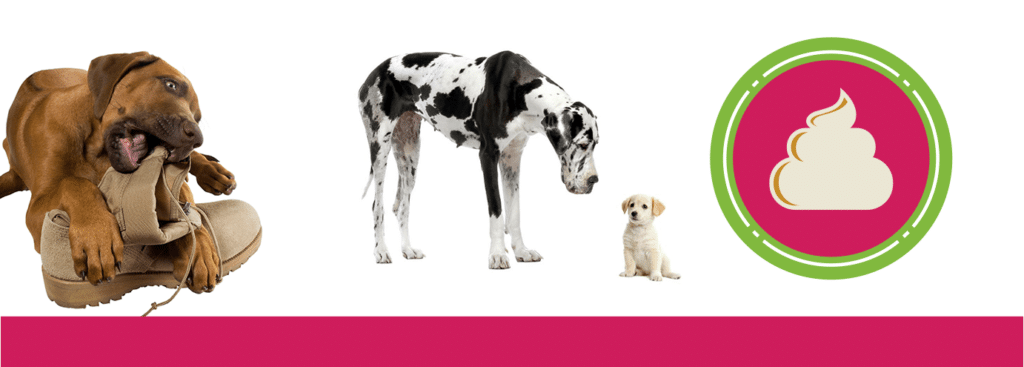Senior Dog Pet Health the First Week
November is National Senior Pet Month. In honor and support of all the old guys and girls waiting for a loving home in shelters, we wanted to give a few tips for warming your household up for a senior dog rescue.
Creating a loving and safe environment for your dog is imperative for your dog\’s pet health.
Although it is nearly impossible to know how many strays are loose on the streets in America, the estimated number is around 70 million. Of this distressing number, only 7.6 million animals are taken into shelters or rescued. 3.9 million of these animals are dogs. An even more heartbreaking statistic is the number of how many animals have to be euthanized, with 2.7 million animals not making it every year.
Splash and Dash Groomerie & Boutique loves dogs of every kind and want to make a point to bring awareness to National Senior Pet Month, which is also Adopt a Senior Pet Month via the ASPCA. Senior dogs are loving and fulfilling members of the family. They make great therapy dogs, and provide friendship to the elderly.
Senior Dog Pet Health for the First Week
The first week is a transitional period for your newly rescued dog. Your new member of the family will be watching you closely as they get comfortable. Dogs tend to observe their new environment like a hawk to figure out new household sounds and routines. They might seem dull or fearful at first, but after the first week their true demeanor will begin to emerge. As the dog gets more adapted to the house, they will become more energized and affectionate.
Save more stressful activities like baths or vet visits for later if you can.
Give your dog time to adjust. Stay neutral during the first weeks of adjustment. You want to make sure they are comfortable, but do not over coddle them. This can lead to reinforcing unwanted or unconstructive behaviors.
If you do not let your pets on the furniture, and you let your new companion sleep in the bed with you on the first night. This will only complicate things for the future. Dogs need structure. Setting good ground rules for their safety and your lifestyle is important for pet health.
Getting Acquainted
Take things slow at first. Don\’t invite all your friends and family over to meet the new dog quite yet. This can stress a dog out with over stimulus. Remember, a shelter is already a stressful place for a dog because of they are noisy and foreign. Your new house should be a quiet calming place for your new dog.
Introduce your new dog to the family that lives at ihn household first. This includes other animals and your others dogs. Make sure introductions go smooth with the other dogs, and everyone has a good chance to sniff each other.
Take your dog on a tour of the house. Make sure they can smell around and explore every room. After this, show them your backyard. During the first few days it might be a good idea to have them on a leash in the backyard and without the other dogs initially. The less provocation your new dog has, the better they will settle in.
Walk them around the neighborhood without the other dogs first. Dogs are naturally curious animals. They will want to enjoy the sights, smell, and sounds of the world around your house. Seeing the outside of their new environment will also help curb the anxiety they will be feeling.
Sleeping Schedule
Pet health is more than just getting a dog to sleep on a structured schedule, it is getting them to become confident. Your new dog is probably going to sleep continuously for the first few days. Dogs rescued from shelters tend to be exhausted after finally being adopted. Dogs have a hard time getting comfortable and getting restful sleep in shelters. Let them rest.
Most shelters mark if adoptable dogs are crate trained, spayed or neutered, and comment on the dogs\’ demeanor. If your dog is not already crate trained, don\’t try to use a crate. This will just make them more anxious. Anxiety can come from being put into a space they are not used too.
Crates should be a soft, quiet, comfortable place for dogs to retreat too to sleep and relax. Don\’t set a dog\’s crate up in a place that is confined like a wash room or utility closet. Place their crate close by family activities in a quiet corner.
Placement of their bed is important so that a dog feels involved and can develop companionship. Also make sure their bed is close to food and water.
If your new pet is not crate trained, use a dog bed. Some senior dogs need an orthopedic bed for pet health. Orthopedic dog beds are used for dogs with arthritis or occasional urination problems. Orthopedic dog beds have memory grade foam and use scent blocking technology within the foam. This will keep their old bones comfortable and your house cleanly.
Diet Transitions
Many shelters do what they can to provide higher quality foods to sheltered dogs, but typically have a limited budget. Many times dogs are eating lower grade dog food in a shelter. When making the switch to food with less fillers and more protein, you may need to add some dietary supplements.
Pet owners can try mixing in cooked plain rice in with their dog food. The bland starch will help with digestion. Veterinarians also recommend using canned cooked pumpkin which soothes stomachs. If your dog is reluctant to eat even after the first few days, use a low-fat chicken broth to drizzle over their dog food. This will encourage eating.
Abrupt diet changes disrupt digestion and can cause vomiting, diarrhea, and loss of appetite. Avoid giving your dog rich table food scraps. This will only agitate their stomach.
Congratulations!
If you decide to adopt a dog, we strongly encourage you to consider a senior dog. Many of these dogs are on \’death row\’ and will unfortunately have to be euthanized if they are not adopted. Senior dogs make great pets and still have a lot of life left in them. Depending on the case, many senior dogs have great pet health, and are great with kids and other dogs.
Dogs make a great loving addition to the family, and we hope you consider the old guys too!
Follow Splash and Dash Groomerie & Boutique:
- Website: http://splashanddashvip.com/
- Website: https://splashanddashfranchise.com/
- Facebook: https://www.facebook.com/splashanddashfordogs/
- Instagram: @splashanddashfordogs
- LinkedIn: https://www.linkedin.com/in/dan-j-barton-622ab517
- Twitter: splashanddash4dogs



